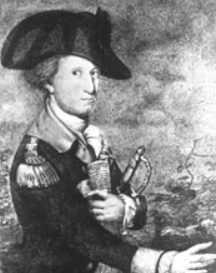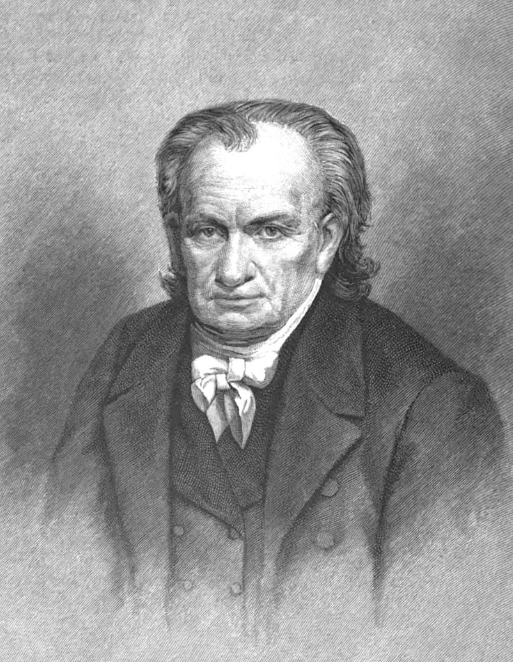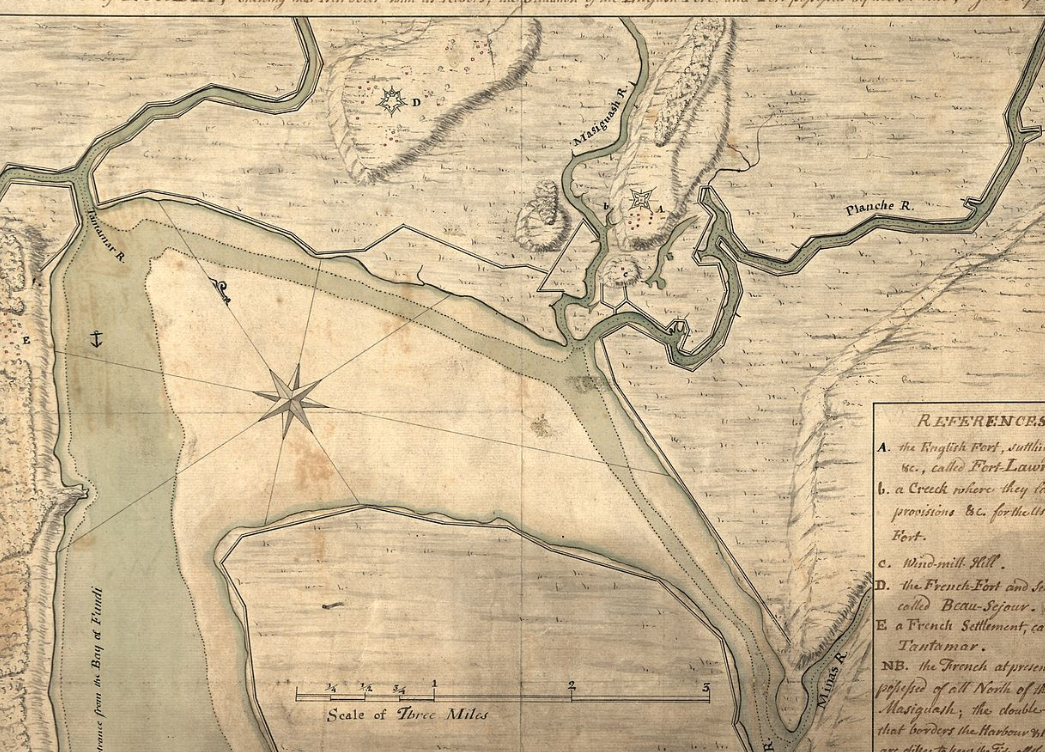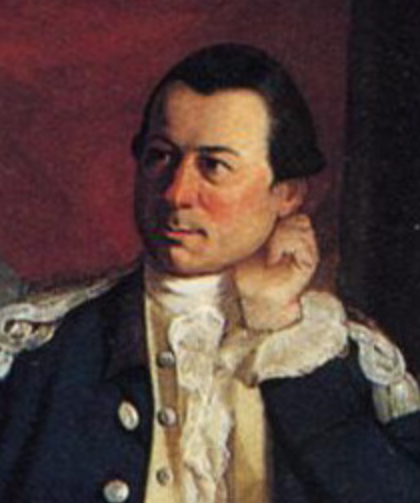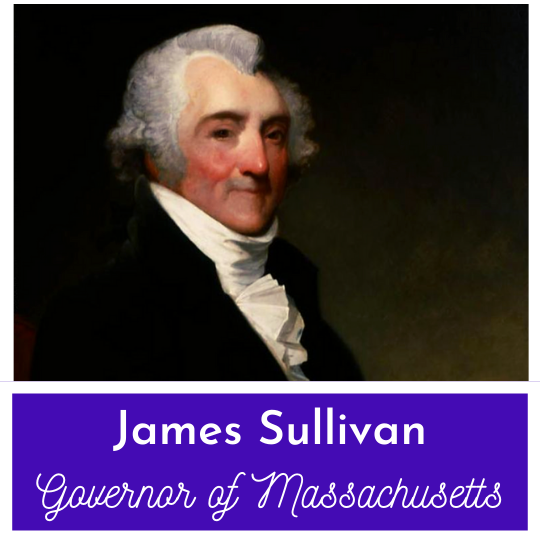James Jackson Receives the Keys to The City of Savannah
James Jackson was an inaugural member of the House of Representatives, a US Senator and a Governor of Georgia.
While Governor, Jackson fought to route out corruption from his State.
James Jackson
Although James Jackson was just 15 when he immigrated from England to Georgia, he quickly rose in the colony’s political circles.
Before he turned 20, he began clerking for the Colonial Assembly.
Shortly thereafter, the Revolutionary War broke out and Jackson joined the Continental Army.
Keys to the City
Jackson served in the Southern Theater throughout the war.
Based on his exemplary soldiering and his increasing prominence in Georgia, Anthony Wayne gave James the honor of receiving the keys to Savannah from the British upon the retaking of that city.
While this is a considerable demonstration of Jackson’s influence, it really amounted to entering Savannah first and routing out any troublemakers who would be attempting to take advantage of the war-torn city by looting.
Major General
After the Revolutionary War concluded, Jackson continued fighting within Georgia.
He led several campaigns against Native American nations on the western frontier and was eventually commissioned as a Major General in the State Militia.
By the end of the 1780’s, while still in his early 30’s, Jackson was selected as Governor of Georgia. Interestingly, he declined the office because he did not feel he was qualified for the position.
Congress
Instead, Jackson was selected as an inaugural member of the House of Representatives.
While a member of the First United States Congress, James became a strong opponent of Alexander Hamilton’s Federalist policies.
Two years later, he lost an election to his former commander, Anthony Wayne. There was some controversy in the election, and Jackson was able to have Wayne’s election overturned...though James did not return to the House.
Instead, he was appointed to the United States Senate.
Governor
Soon thereafter James Jackson was elected Governor of Georgia.
This time he accepted the position. He saw much fraud in the State Government and his goal was to clean out corruption.
The most notable issue of the day was the Yazoo Land Fraud, during which the State had sold thousands of acres of land it was not entitled to to people who bribed government officials.
Jackson nullified these land sales...though the United States Supreme Court would overturn his decision to do so in the case of Fletcher v Peck.
Do you want to learn about other Revolutionary Governors?
Great!
Enjoy these articles on Jonathan Trumbull and John Collins.
Want to read more about Georgia during the Founding Period?
Here’s something you might like:
‘South Carolina and Georgia in the American Revolution’ discusses the unique relationship these states had during those perilous times. Pick up a copy through the Amazon affiliate link below (you’ll support this site, but don’t worry, Amazon pays me while your price stays the same).
Want to get fun American Revolution articles straight to your inbox every morning?
Your in luck!
You can subscribe to my email list here.
You might also want to support Founder of the Day on Patreon.
